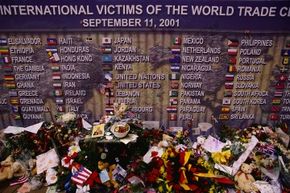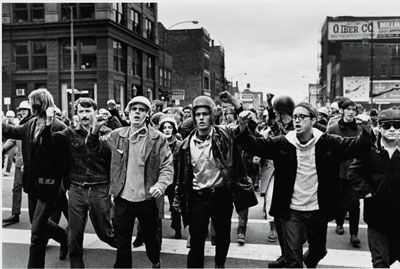You open the morning newspaper to see a story about a person suspected of committing an atrocious act of violence that inflicted multiple casualties on an innocent population.
Is this a case of terrorism or mass murder?
Advertisement
You're probably not sure yet. Before you can respond, you have to ask some questions about the crime. You might ask about the suspect's motivations. Was the person acting on a religious ideology? For a political purpose? If so, are some ideologies or politics considered a bigger terrorist threat? If the person in our hypothetical story said, for instance, he was angry about abortion politics, is that a terrorist action or that of a lone mass murderer?
Next, what weapon(s) was used? A gun? Ricin? A bomb? Do any of those items lead you to make assumptions about the incident being classified as terrorism or mass murder? Sometimes it seems we're starting to use a more simple -- albeit flawed -- way to distinguish among acts that result in multiple people dead. If someone used a bomb, it's terrorism. A gun? Mass murder.
Of course, that's not an effective methodology, nor is it a fair assessment to mete out punishment. As we'll see, the definition of terrorism has evolved to describe the motivations behind the act, not the actor.
The FBI borrows the Code of Federal Regulations definition that defines terrorism this way: "the unlawful use of force and violence against persons or property to intimidate or coerce a government, the civilian population, or any segment thereof, in furtherance of political or social objectives" [source: Department of Justice]. On the other hand, according to the FBI, a mass murderer kills four or more people during the same incident, without a significant time lapse in between. (Unlike, say, a serial killer who would take time between murders.)
That sounds straightforward enough, right? Mass murderers will kill indiscriminately for no political/religious/ideological purpose, and terrorists might take the same actions, but with the intent of saying that they are a protest of intimidation of a government or people.
Except, of course, many mass murderers really do think their actions are a protest or do intend to terrorize a population. So let's dive in more and explore some incidents where the definitions are harder to establish.
Advertisement


